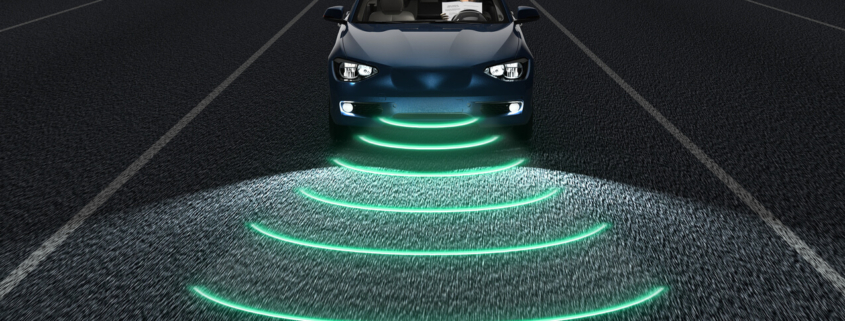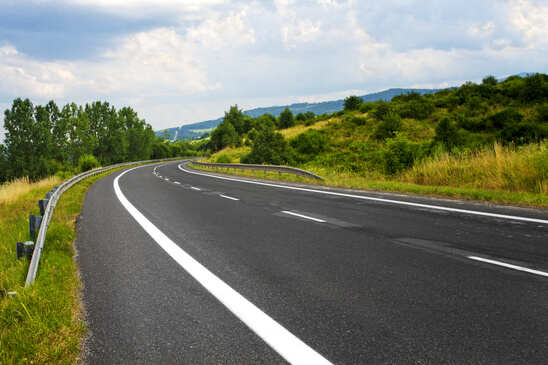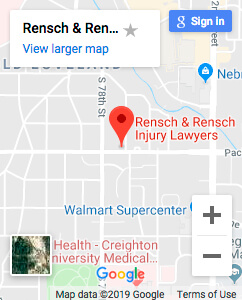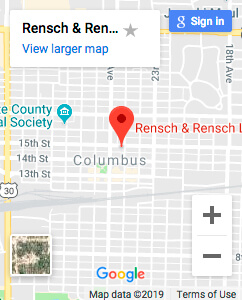How Much Are You Willing to Pay for Better Street Design?
OMAHA, Nebraska. Better street design has been known to decrease the number of people injured or killed in car accidents. For example, as part of New York City’s Vision Zero, New York used research to re-design city laws and roads to decrease the number of pedestrian deaths in the city. According to Metro, since the program has been launched, New York City has seen its fatalities drop by 28 percent. Safer street designs, lower speed limits, and better enforcement are all believed to contribute to the decrease in deaths. Yet, in order for cities to make informed decisions, they need data. The question is how they can acquire it. According to Wired, Uber is partnering with local governments to sell them its drop-off and pick-up data, giving governments insights into where people go, where they are getting dropped off, and their traffic patterns.
Uber has long claimed that there should be designated pick-up and drop-off zones in cities. Having these curbside drop-off zones, they claim, could reduce accidents and pedestrian deaths. Yet, curbs are used by more than just Uber. Curbside parking is the only free parking available in some cities. Bikers ride close to the curb so they can avoid other drivers. Ambulances and fire departments need the curb to access buildings in the event of a fire.
While Uber had previously been protective of its data, Wired reports that it now plans to quietly share this data with the government, through the use of a third-party service. While the data could potentially lead to better designed streets, some privacy experts are concerned about the government having this much data in its hands. Uber had been concerned that by sharing data with local governments, it could compromise its users’ identities, but the third-party company it is using claims that it will keep this information secure. The plan is to aggregate the data and make the users anonymous, while preserving the important information that city planners can use.
It comes down to what private citizens are willing to pay to be safer. The cost can be in tax money, but it can also involve a loss of privacy or personal freedom. For example, would you be willing to give up your right to drive if self-driving cars prove safer than humans? Would you be willing to let Uber share its data with government agencies if these agencies could use it to make your roads safer? These are tough questions.
As it stands, users can still vote with their dollar when it comes to whether they agree with Uber’s policies. Cities can sometimes still be held legally liable when individuals are injured on unsafe streets, so they have a vested interest in improving the experience for users. If you’ve been hurt in a car accident in Omaha, Nebraska, reach out to Rensch & Rensch Law today. Our personal injury attorneys may be able to help you seek damages for your injuries and losses. Visit us at https://www.renschandrensch.com/ to learn more.
Rensch & Rensch Law
7602 Pacific Street,
Suite 102
Omaha, NE 68114
Toll Free: 800-471-4100






